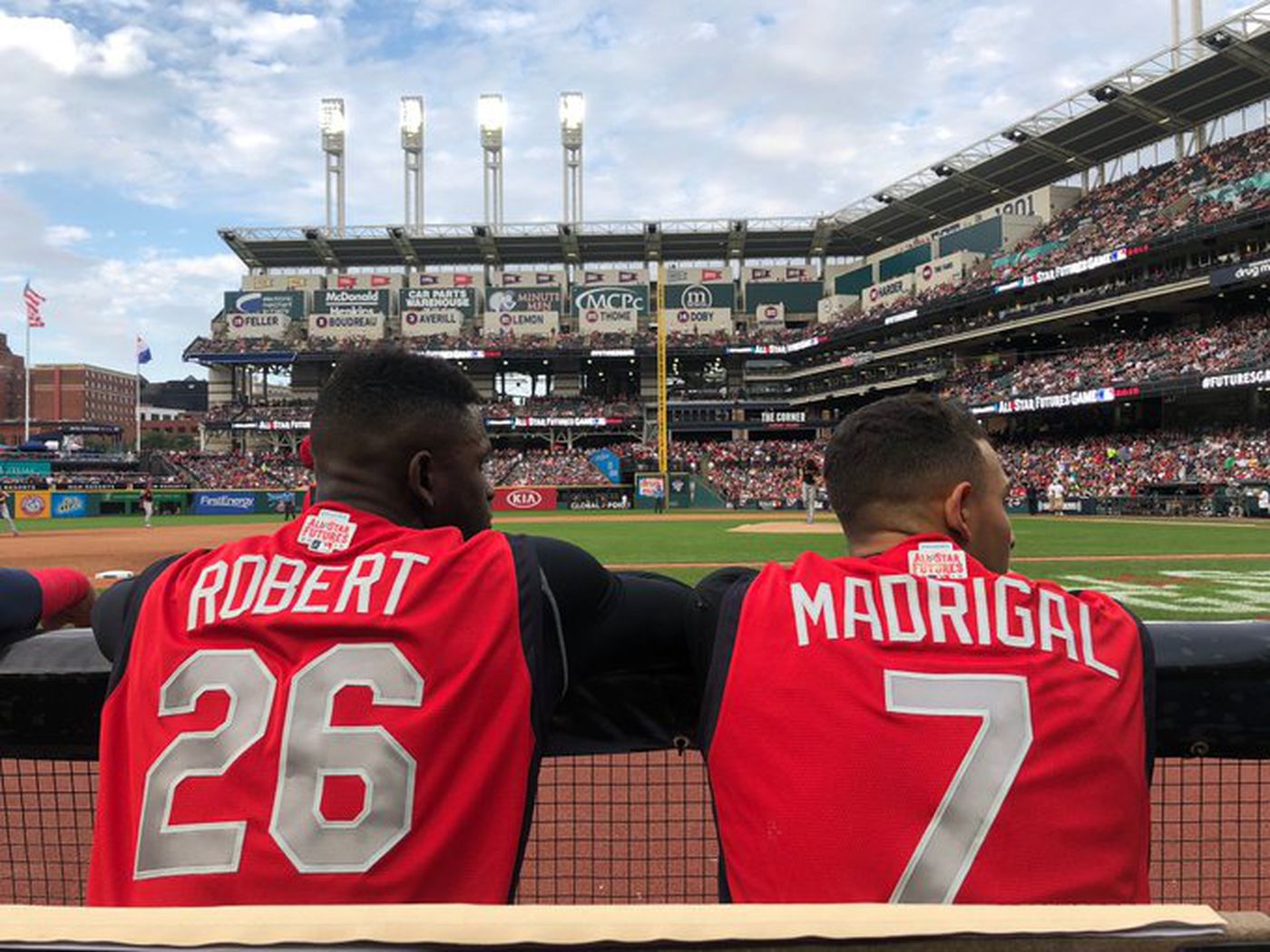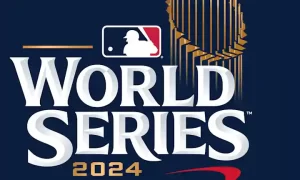Service Time Manipulation in 2020 is Blatant and Foolish

Within a few days of each other, the #2, #13, and #15 prospects in baseball according to Baseball Prospectus all made their major league debuts. Angels outfielder Jo Adell, White Sox second baseman Nick Madrigal, and Padres right-hander Luis Patiño all ostensibly weren’t prepared for the big leagues when the season began on July 24, but roughly two weeks later they’re ready to contribute. What a coincidence!
Two top prospects are conspicuously absent from the list of elite call-ups. The first, Dodgers second baseman Gavin Lux and BP’s #3 prospect, was expected to start the season in the major league lineup, but manager Dave Roberts said his swing “wasn’t synced up.” Two weeks later, it’s hard to give him the benefit of the doubt. Of course, Lux started his service clock last year by playing 23 games with LA. He needs to stay off the roster longer than the others to ensure an extra year of service time, which is surely another coincidence.
The second, Cardinals outfielder Dylan Carlson and BP’s #18 prospect, is also still waiting for the call. St. Louis only has four legitimate outfielders on their roster right now, and starting center fielder Harrison Bader is slashing .091/.231/.182 as of this writing. There’s no denying that the team needs him. However, the Cardinals missed several games due to a COVID-19 outbreak. They have to play a few more before they can call up Carlson and ensure he doesn’t accrue a full year of service time, but again, that’s just a coincidence.
Service time manipulation of top prospects is nothing new. The Cubs withheld Kris Bryant at the start of the 2015 season- even using his image in promotions and advertising- then called him up after they cleared the service time mile marker. He filed a grievance against the team for blatant service time manipulation, which he lost, pushing back his free agency by a year and likely costing him millions of dollars.
The ethics of whether MLB teams- which accept tax revenue and federal government protections- have moral obligations to play their best players are open to debate. However, from a strategic point of view, teams withholding their best young players makes less sense than ever. With the season shortened from 162 games to just 60, each contest is worth the equivalent of 2.7 normal season games. The stakes are higher; a three-game winning or losing streak is as impactful as an eight-game stretch under normal circumstances. More than ever, teams can’t afford to trot out anything less than their best roster.
The biggest reason for putting their best foot forward though is the expanded playoffs. The playoff field has increased this year (and so far only this year) from 10 to 16. Whereas 33 percent of teams reached October in the past, 53 percent will participate in the 2020 postseason.
With more than half reaching the playoffs and the enhanced volatility and randomness of the regular season, literally every single team can potentially make the playoffs. As of this writing, the Pirates have the worst record in baseball at 3-10 with about one-fifth of the season completed, but they’re only three games out of a playoff spot. The 5-5 Tigers, who finished 47-114 in 2019, currently sit in a playoff position. The final postseason spot in the AL right now is a tie between the Orioles (54-108 last year) and Blue Jays (67-95 last year). Adell’s Angels and Carlson’s Cardinals are on the outside looking in though.
For their service time shenanigans, these five clubs get to retain the services of their young stars for the 2026 season. If we’ve learned anything in 2020 it’s to expect the unexpected. None of us has any idea what baseball will be like in six years. There’s a labor battle looming, which promises to dramatically alter the competitive landscape. Any of these players could bust or get hurt (though we certainly hope not). They could be traded, extended, suspended, or released.
The only thing close to certain is what kind of talent these players possess right now. It’s hard to argue they weren’t among the 30 best players on their clubs on July 24, but they are now. MLB won’t admit it for legal reasons, but service time manipulation is as clear as day. It’s confusing, to say the least, that teams would rather waste their best chance at the playoffs this year to possibly have a better shot in 2026.
-Daniel R. Epstein
















